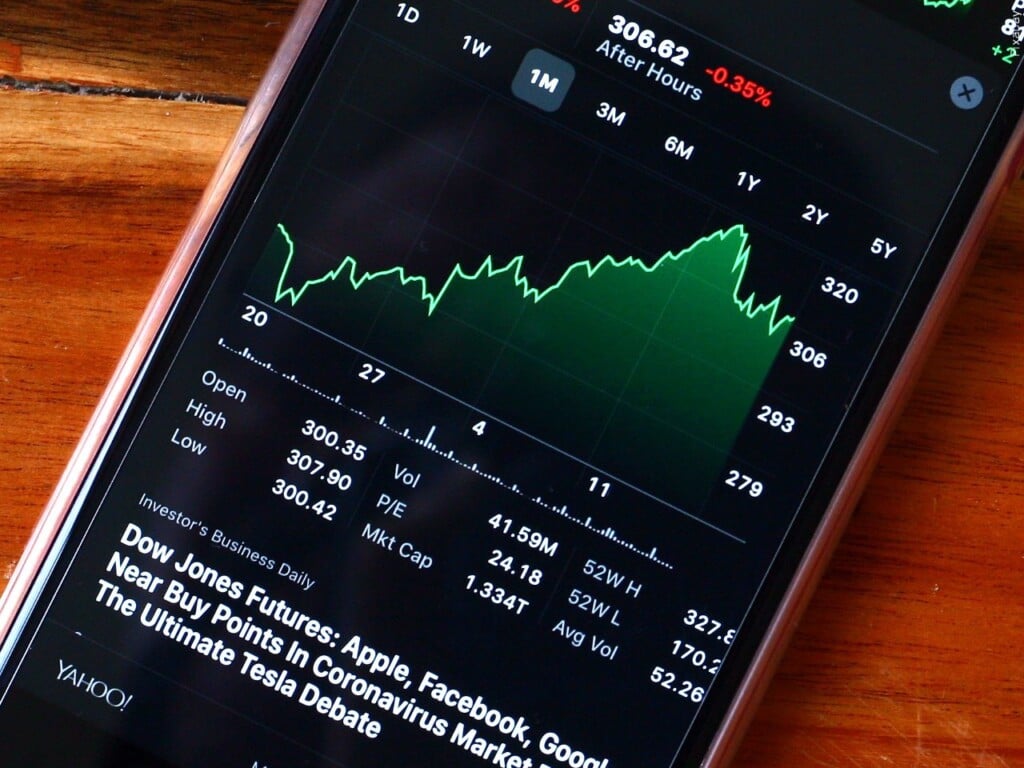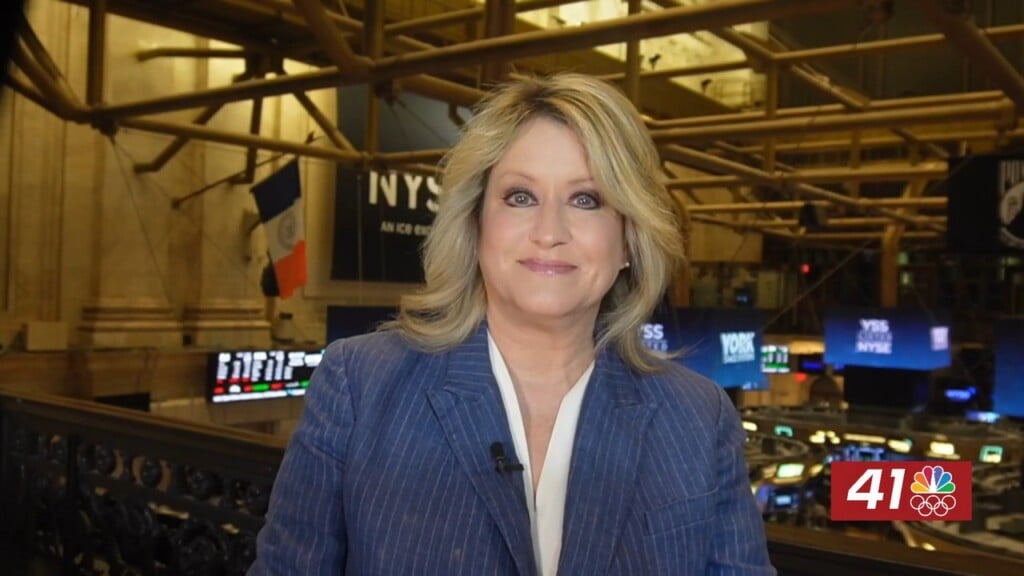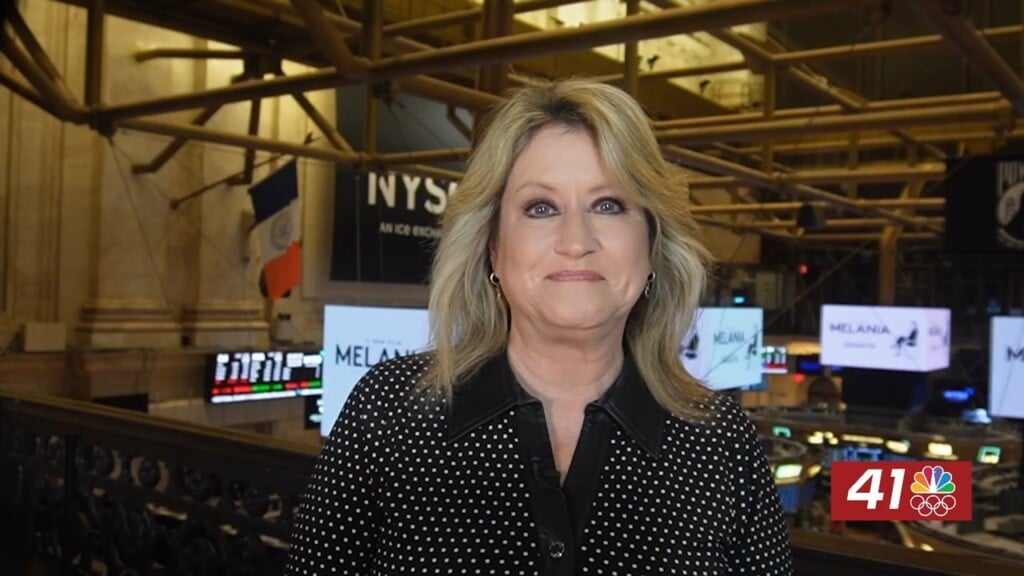Morning Business Report: Tariffs, price hikes, and a booming Nasdaq
U.S. steel and aluminum imports are about to get significantly more expensive, as tariffs on these goods are set to double to 50%.

(LILAMAX)- U.S. steel and aluminum imports are about to get significantly more expensive, as tariffs on these goods are set to double to 50%. President Donald Trump praised the move, crediting his administration’s trade policies with saving the U.S. steel industry.
According to Trump, without the tariffs, American steel production would have been completely outsourced and domestic factories would have shut down. While the tariffs may provide a boost to U.S. steelmakers, they could also lead to higher prices for industries dependent on steel and aluminum — particularly construction and manufacturing.
Evidence of rising prices is already being spotted on store shelves. Social media users have posted photos showing steep price jumps at major retailers like Walmart and Target. One viral image showed the price of a Jurassic World T. rex toy at Walmart rising from $39.92 on April 27 to $55 by May 21 — an increase of nearly 38%. Walmart’s Chief Financial Officer recently acknowledged that current tariff levels are “too high” and warned that prices would increase on certain items.
Despite concerns over inflation, the markets are seeing major gains. The Nasdaq just wrapped up its best month since 2023, climbing over 9% in May. The S&P 500 also surged, posting its strongest monthly performance since 1990 with a 6% gain.
Meanwhile, workplace trends continue to shift. The four-day workweek is gaining momentum globally — and not just with employees. A study of over 200 businesses that tested the shorter schedule found that fewer than 10% returned to a traditional five-day model. Employers reported unexpected benefits, including increased revenue, lower absenteeism, and improved retention.
Another emerging trend is the rise in “boomerang hires” — former employees returning to previous employers. An analysis of ADP payroll data showed that in March, an increasing share of new hires were actually returning staff. Experts say companies are becoming more selective in hiring and prefer the familiarity and proven track record of past employees.



